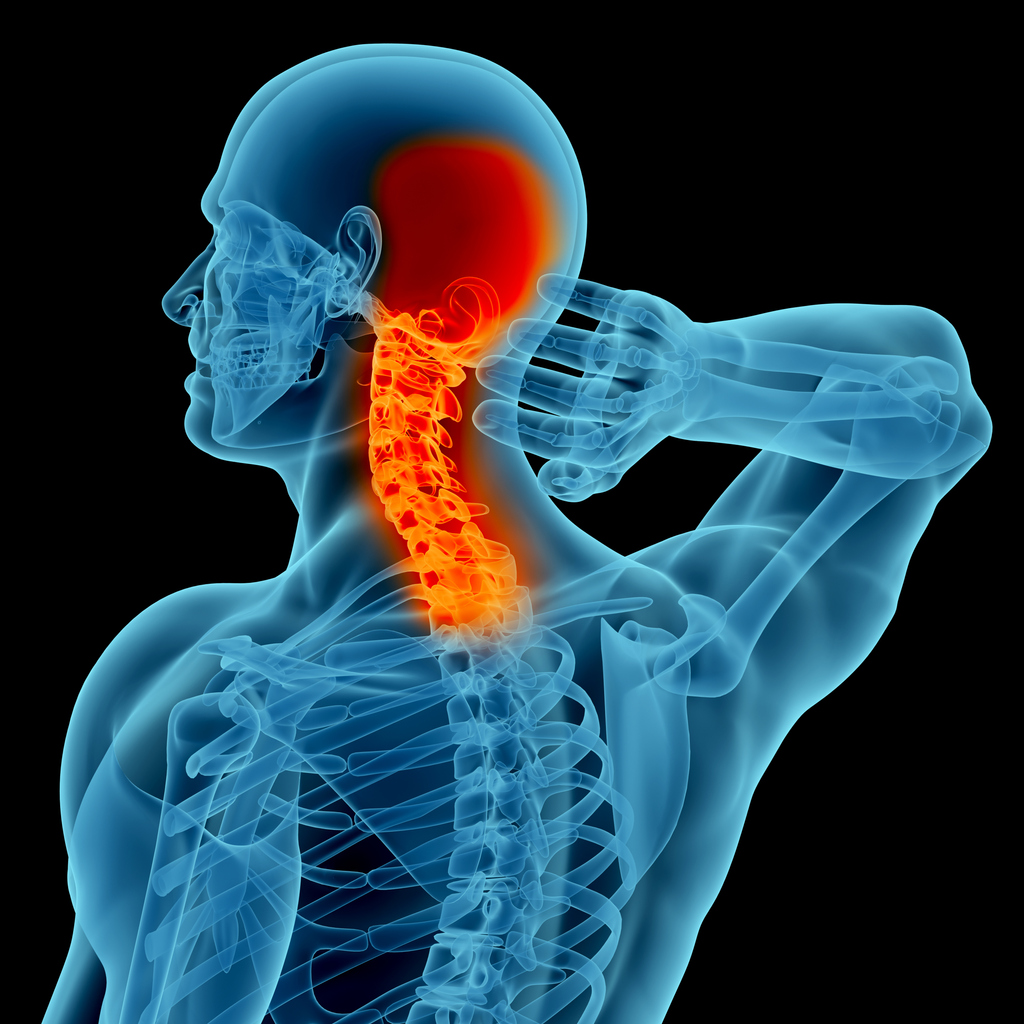Pain
Potential Causes of Numbness and Tingling Sensations

Numbness and tingling sensations can occur for various reasons. These sensations can be temporary and harmless or can indicate a serious medical emergency, such as a stroke. Persistent numbness and tingling can also be a sign of an underlying health condition. If numbness is sudden or persists, it is vital to determine the cause.
Causes of numbness and tingling include, but are not limited to, the following:
Maintaining the same position for extended periods
When standing or sitting in the same position for an extended period, nerve function can temporarily be affected. This happens due to compression of the nerves. A “pins and needles” sensation occurs as nerve function establishes again.
Pressure on the nerves
Pressure on the nerves can cause numbness and tingling sensations. The narrowing of the spinal column (spinal stenosis) can cause pressure on the spinal nerves, resulting in tingling and numbness in the body parts that the spinal nerves serve, most commonly the legs. Enlarged vessels, masses, swelling, or scar tissue from an infection or an injury can also compress the nerves. Examples include, but are not limited to, the following:
- Herniated disc
- Spinal stenosis
- Carpal tunnel syndrome
- Raynaud’s disease or Raynaud’s phenomenon
- Spinal cyst or tumor
Nerve damage
Inflamed or damaged nerves may result in numbness. Diabetes increases the risk of peripheral nerve damage, which can lead to peripheral neuropathy (typically in the fingers, toes and feet). Radiation therapy and burns can destroy nerve fibers. Infections or viruses can also cause numbness. Examples include, but are not limited to, the following:
- Peripheral neuropathy
- Lyme disease
- Nerve injury
- Exposure to lead
- Chemotherapy or radiation therapy
- Diabetes
- Shingles
- Herpes zoster
- HIV/AIDS, syphilis, tuberculosis or leprosy
Nutrition or oxygen deficiency
If nerves do not get a proper supply of blood to deliver vital nutrients and oxygen, nerve signals are not transmitted correctly, and numbness occurs. Buildup of cholesterol in the peripheral arteries can block the flow of blood to the nerves. Deficiency of vitamins, particularly thiamine and B12, or exposure to heavy metals, such as lead, can also cause numbness. Examples include, but are not limited to, the following:
- Hardening of the arteries
- Frostbite
- Inflammation of the blood vessels
- Abnormal levels of calcium, potassium or sodium in the body
- Deficiency of B vitamins, such as B1, B6, B12 or folic acid
Brain conditions
Numbness can also be an indication of a brain condition. It is a primary symptom of multiple sclerosis. In addition, hyperventilation and anxiety can cause temporary numbness. Seizures, tumors, brain masses, and migraines can also be the cause of numbness since they can alter the way in which the brain transmits signals. Examples include, but are not limited to, the following:
- Multiple sclerosis
- Seizures
- Stroke
- Transient ischemic attack (TIA), or “mini-stroke”
- Hemiplegic migraine
- Brain tumor
- Anxiety/panic attacks
Substance use
Use of certain substances can also contribute to numbness. Examples include, but are not limited to, the following:
- Use of certain medicines
- Tobacco or alcohol use
- Use of certain illicit street drugs


















